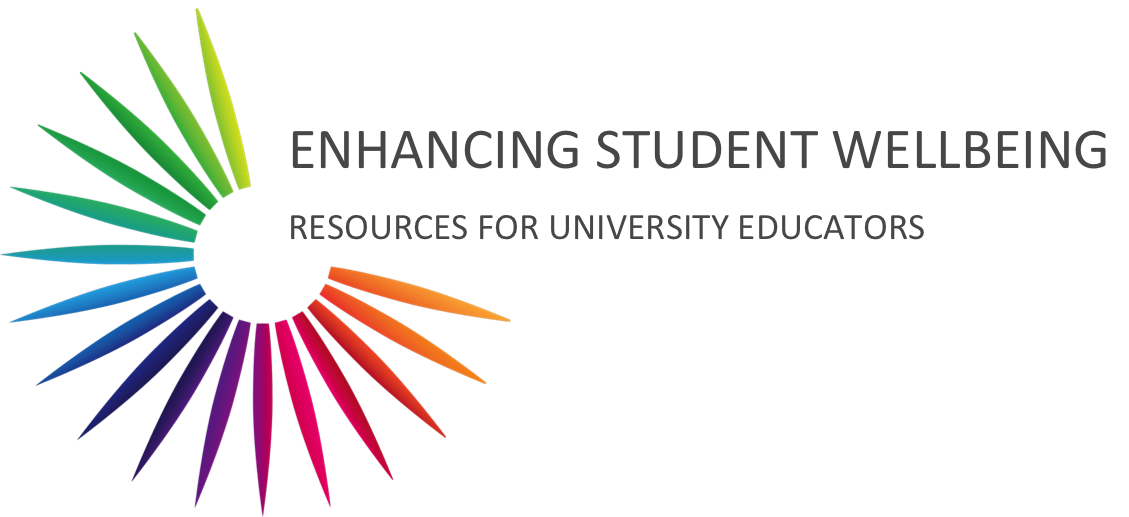How, and how well, you manage the demands of your job depends in part on your personal skills in managing time, boundaries, self-expectations, and roles and role-conflicts.
Hear from experienced academic educators on managing your wellbeing and maintaining a work-life balance.
Download a transcript
Tips and strategies
The tips and strategies in this section have been developed from our interviews with experienced academic educators.
Time and time use
Email consumes time. If possible, check and reply to email in times of the day that are less productive for you (e.g., AFTER writing or thinking). If it would take less time to speak directly to the person (face to face, by phone or Skype) than to develop a carefully written response, then respond with a call.
Plan time each day to think, reflect and regroup.
Boundaries
Over the long term, it is essential for your mental wellbeing to maintain a private life as well as interests and hobbies outside of work. At a minimum, having other parts of your life working well ‘buffers’ any disappointments or setbacks in your professional life. Maintaining other relationships requires that you allocate them time and your full attention. Work should not always be your priority or take priority. Take holidays in which you do not check email or continue to complete work tasks (such as reviewing articles, Skyping in to meetings, updating course materials or writing).
Creating boundaries around your work (or compartmentalising it) is also essential for good sleep. If you read for and think about work in bed or just before you try to sleep, you will become habituated to keeping your mind active during the night, making it difficult to ‘turn-off’ and get the rest you need to recover.
Roles and role-conflicts
Teaching, research and service – the three components of most academic roles – do not always complement and energise each other. It may be that you are assigned to teach subjects outside your area of expertise, taking extra preparation time, or a heavy teaching load may coincide with delivery dates for a large research project. It can help to recognise that when one of your roles becomes extra-demanding, the others need to be scaled back to compensate. Keep communications open with your manager or Dean and actively negotiate how your overall work load can be kept within manageable bounds. For example, it may be more efficient for you to concentrate your teaching in one semester and then concentrate on research in the other; or increase your service load at a time of the year that doesn’t coincide with heavy assessment or research commitments.
Academics are by definition high-ability people who are used to setting and achieving high standards for their work. While setting challenging goals is generally a positive strategy that motivates and energises people, it is essential that you are able to recognise when goals need to be modified and take steps redesign your goals and re-orient your efforts and energy accordingly.
It is also important to be kind to yourself when you experience setbacks and disappointments, difficult life events and adverse circumstances. These are simply part of life, meaning that there will be times in an academic career when you are not in a position to do your best work – only the best that you can, given the circumstances. At such times, try to speak to yourself as you would to a close friend in the same circumstances, and not to expect more from yourself than you would from others.

